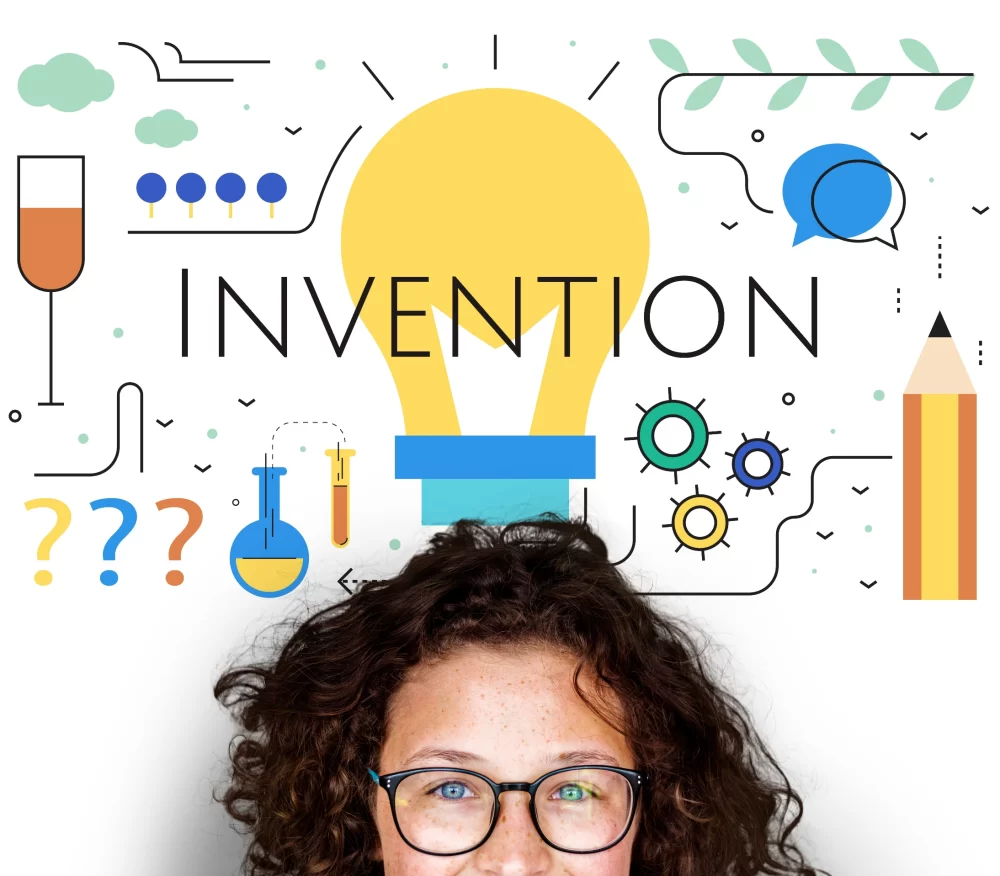
In the world of innovation, the path to recognition is often fraught with controversy. Many inventions that have become integral to modern life were once at the center of heated debates over their true originators. This article unveils 13 disputed inventions where the officially recognized inventors may not have been the first to conceive these groundbreaking ideas.
1. The Telephone

Although Alexander Graham Bell is officially credited, Elisha Gray’s concurrent invention in 1876 suggests a parallel development of the telephone. The contentious battle over the patent rights to this revolutionary communication device has left historians and technologists debating over its true originator. This controversy underscores the intricate race for innovation during the era.
2. The Light Bulb

Thomas Edison’s fame often overshadows the contributions of inventors like Humphry Davy and Joseph Swan in the development of the light bulb. Edison’s successful marketing and business acumen played a significant role in gaining the credit, despite Swan’s earlier development of a functioning electric light bulb.
3. The Radio

The invention of the radio is a classic example of simultaneous discovery, with Guglielmo Marconi and Nikola Tesla both contributing significantly. Tesla’s pioneering work in wireless communication laid the groundwork, although Marconi’s practical applications brought the technology to the public domain.
4. The Airplane

While the Wright brothers are celebrated for their powered flight in 1903, the claims of earlier flights by Gustave Whitehead and Richard Pearse suggest that the history of aviation might have alternative narratives. The lack of substantial evidence for these earlier flights has kept the Wright brothers at the forefront of aviation history, but it is still among the many disputed inventions.
5. The Thermometer
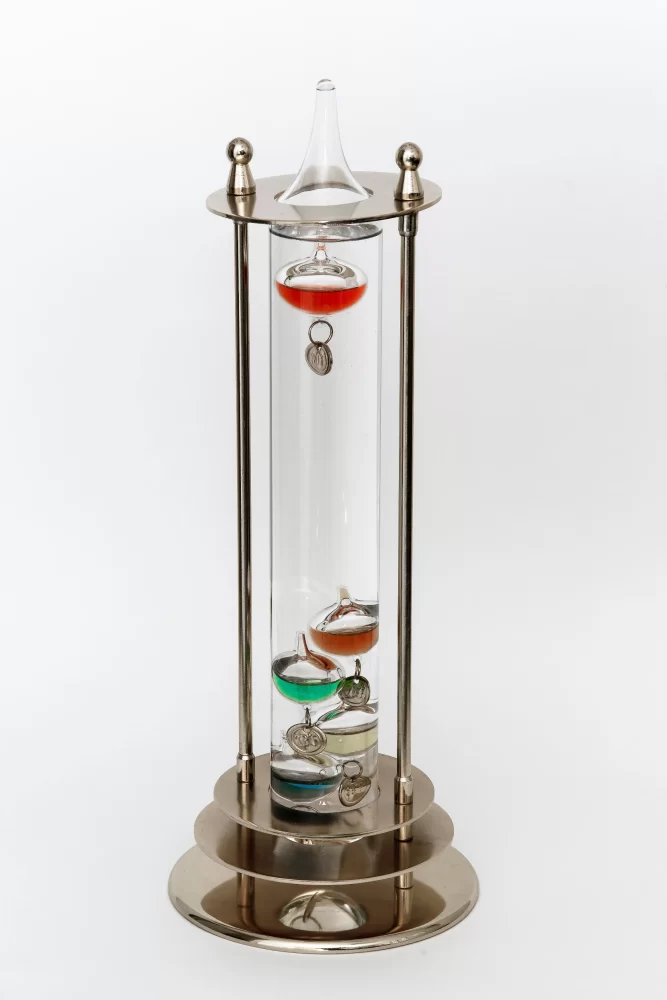
The invention of the thermometer is commonly credited to Galileo Galilei, but evidence suggests that Santorio Santorio was the first to create a device to measure temperature in the early 17th century. Santorio’s less-known contributions to the development of the thermometer were overshadowed by Galileo’s fame and the latter’s improvements in the design. This case highlights the often collaborative nature of invention, where initial ideas are refined and popularized by subsequent innovators.
6. The Motion Picture Camera
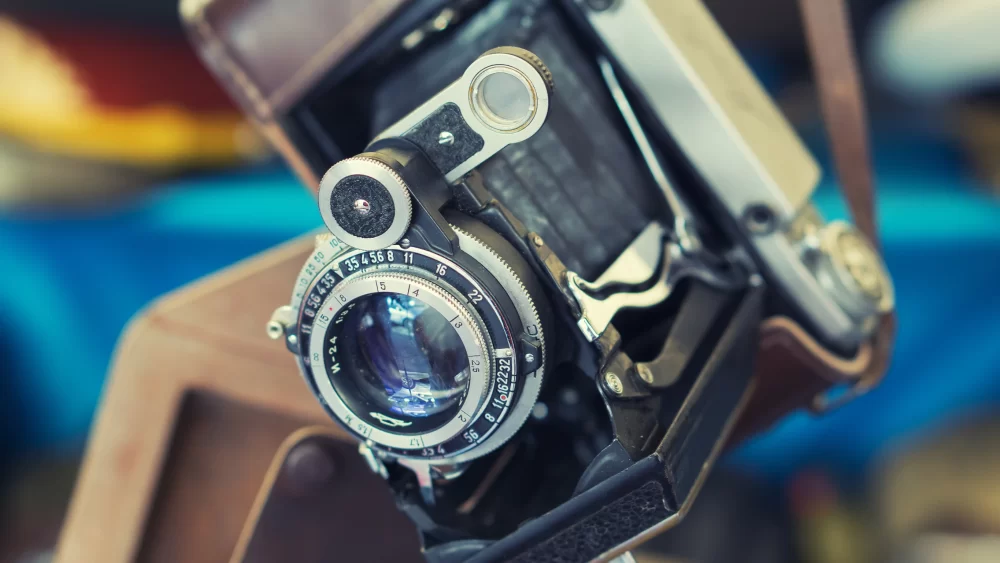
Thomas Edison’s name is synonymous with early cinema, but Louis Le Prince’s earlier invention could have changed the course of film history. Le Prince’s unexplained disappearance before he could patent his invention allowed Edison to dominate the burgeoning field of motion pictures.
7. The Steamboat

Robert Fulton is often hailed as the inventor of the steamboat, but John Fitch’s earlier inventions in the 1780s suggest that the development of steam-powered navigation was a more gradual and collective process. Fitch’s lack of financial backing and marketing prowess resulted in his contributions being largely forgotten.
8. The Television

The battle over the invention of television was a dramatic saga, with Philo Farnsworth’s innovative work ultimately overshadowed by RCA’s marketing and legal might. Farnsworth’s struggle highlights the challenges faced by independent inventors in the face of corporate power.
9. The Programmable Computer
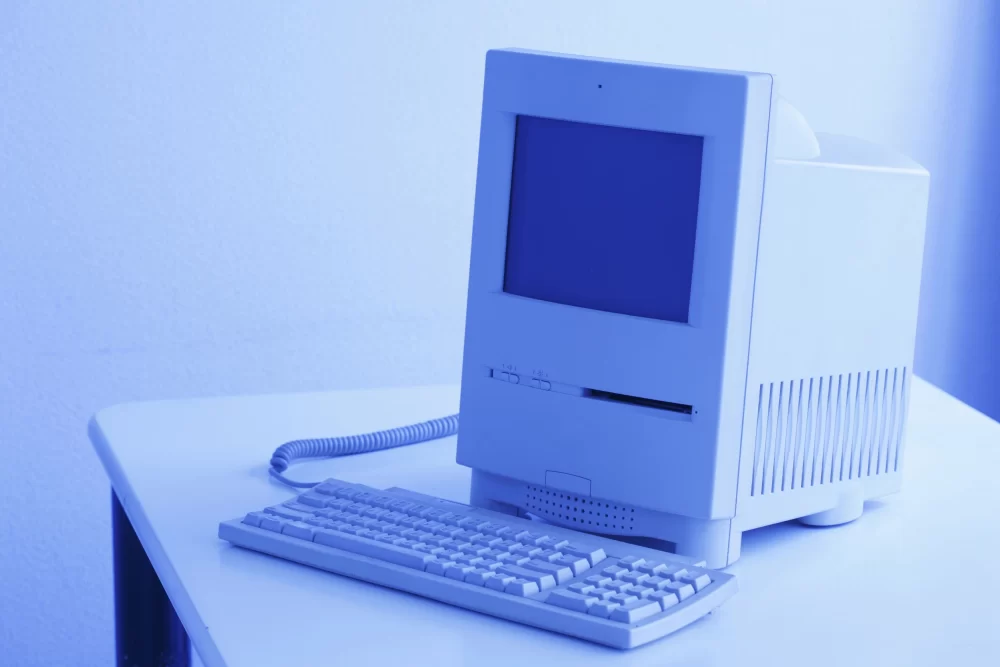
While Charles Babbage is known for conceptualizing the programmable computer, Ada Lovelace’s role in envisioning the potential of computing is often undervalued. Lovelace’s theoretical work, particularly her notes on the Analytical Engine, make her one of the most significant figures in the early history of computers.
10. The Ballpoint Pen

While Laszlo Biro is credited with inventing the modern ballpoint pen, the initial idea was conceived by John J. Loud in the late 19th century. Loud’s patent for a ball-and-socket writing instrument never gained commercial success, largely due to its impracticality for everyday writing. Biro’s design improvements in the 1930s, including a quick-drying ink formula, transformed the pen into a practical and indispensable tool, overshadowing Loud’s original concept.
11. The Battery
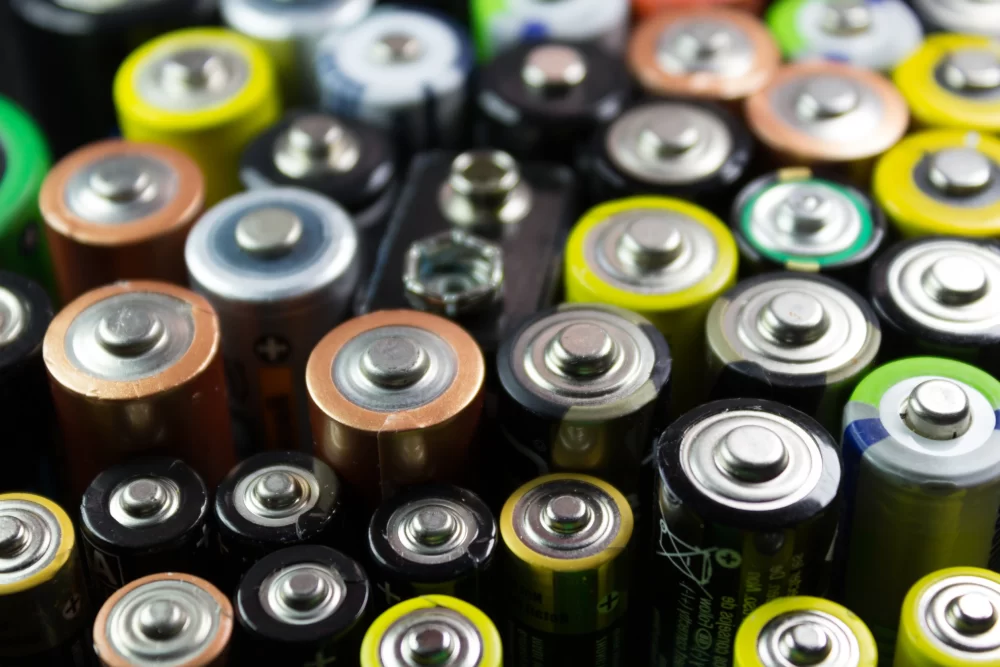
The history of the electrical battery, credited to Alessandro Volta, is more nuanced with contributions from several inventors over the centuries. Franklin’s earlier experiments and the discovery of the Baghdad Battery suggest a longer and more complex evolution of electrochemical storage technology.
12. The Jet Engine

The simultaneous but independent development of the jet engine by Frank Whittle and Hans von Ohain is a remarkable instance of convergent innovation. While Whittle is often credited with the invention, von Ohain’s parallel work in Germany led to the first operational jet aircraft.
13. Monopoly

The story of Monopoly’s creation reflects the broader narrative of how popular products often have disputed origins. Lizzie Magie’s original intention to critique capitalist monopolies was ironically lost as Charles Darrow’s version of the game celebrated these very principles and gained immense popularity.
14. The Digital Camera

Steven Sasson’s invention of the digital camera at Kodak is a tale of a groundbreaking innovation that was initially overlooked by its parent company and it is also among the many disputed inventions. Kodak’s reluctance to embrace digital photography allowed other companies to leapfrog into the digital era, leaving Sasson’s pioneering work in the shadows.
Unraveling the Tapestry of Invention

These stories reveal the complex tapestry of invention, where recognition is not always accorded to those who first laid the groundwork. They remind us that innovation is often a collective and iterative process, with many contributors along the way.
Were you aware of these disputed inventions? Join the conversation and share any other instances you know where the credit for an invention is contested.



